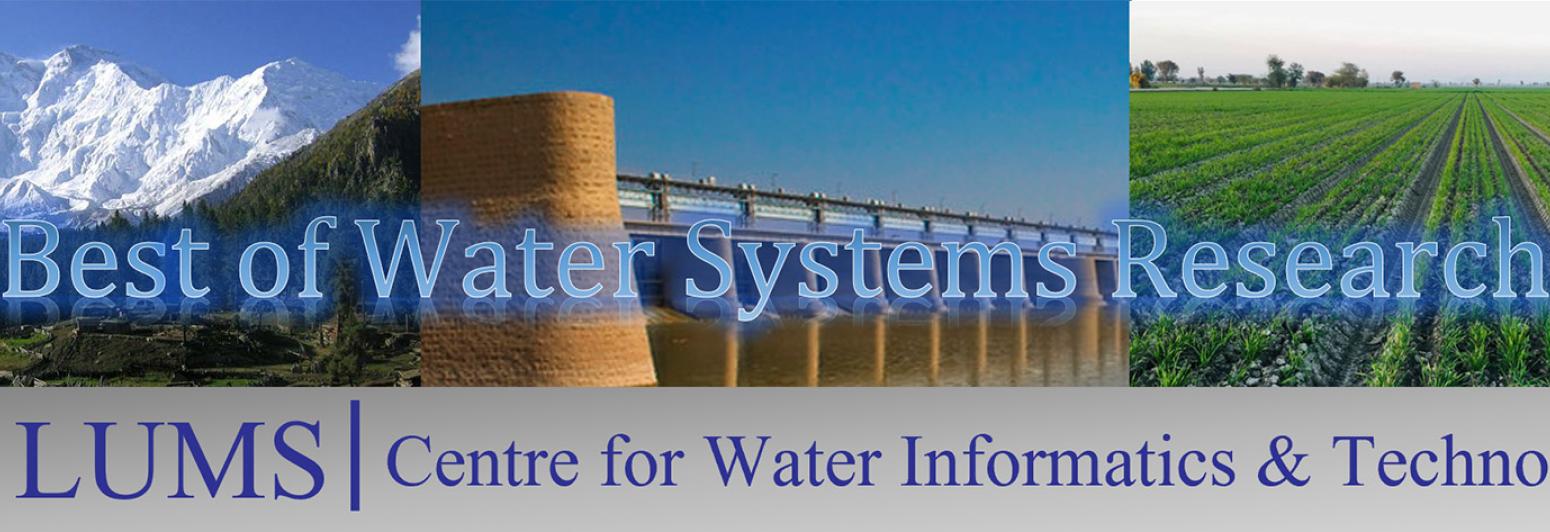
to
Speaker: Dr. James Wescoat, Aga Khan Professor Emeritus of Landscape Architecture and Geography, Massachusetts Institute of Technology (MIT).
Moderator: Dr. Talha Manzoor, Assistant Professor, WIT
Details and registration: Best of Water Systems Research - Seminar Series 2021 | Center of Water Informatics and Technology (lums.edu.pk)
Abstract: At the bottom of most tables of the world water balance lies a line for “Biological water.” Its static volume, estimated as only .0001 percent of the global total, is tiny compared to the great oceans, ice caps, aquifers, and even the less voluminous rivers, lakes, and atmosphere. However, the renewal period of biological water, defined as the time required for water in a given state to be replaced through physiological processes, is rapid (~50 days for human adults and much faster in smaller organisms). Although water is often invoked as “life blood,” human biological water is rarely examined in water resources research. This talk explores the circulation of human biological water in socio-hydrologic systems, which involves fascinating relationships between scientific and humanistic approaches.
About the Speaker:
James Wescoat is Aga Khan Professor Emeritus of Landscape Architecture and Geography at Massachusetts Institute of Technology. Jim’s research concentrates on water systems in South Asia and the US from the site to river basin scales. For much of his career, he has focused on small-scale historical waterworks of Mughal gardens and cities in India and Pakistan. At the larger scale, Jim has conducted water policy research in the Colorado, Indus, Ganges, and Great Lakes basins. He chaired National Research Council studies of Glen Canyon Dam, lower Great Lakes, and Mississippi River delta. Jim’s recent research focuses on intermediate-scale regional water systems. It includes studies of rural drinking water supply in Maharashtra, India; the sociohydrology of water systems in Punjab, Pakistan; and the historical geography of water management in South Asia and the U.S.
For details or queries, please contact Soban Hameed Saigol at soban.hameed@lums.edu.pk or 0332 4495057

